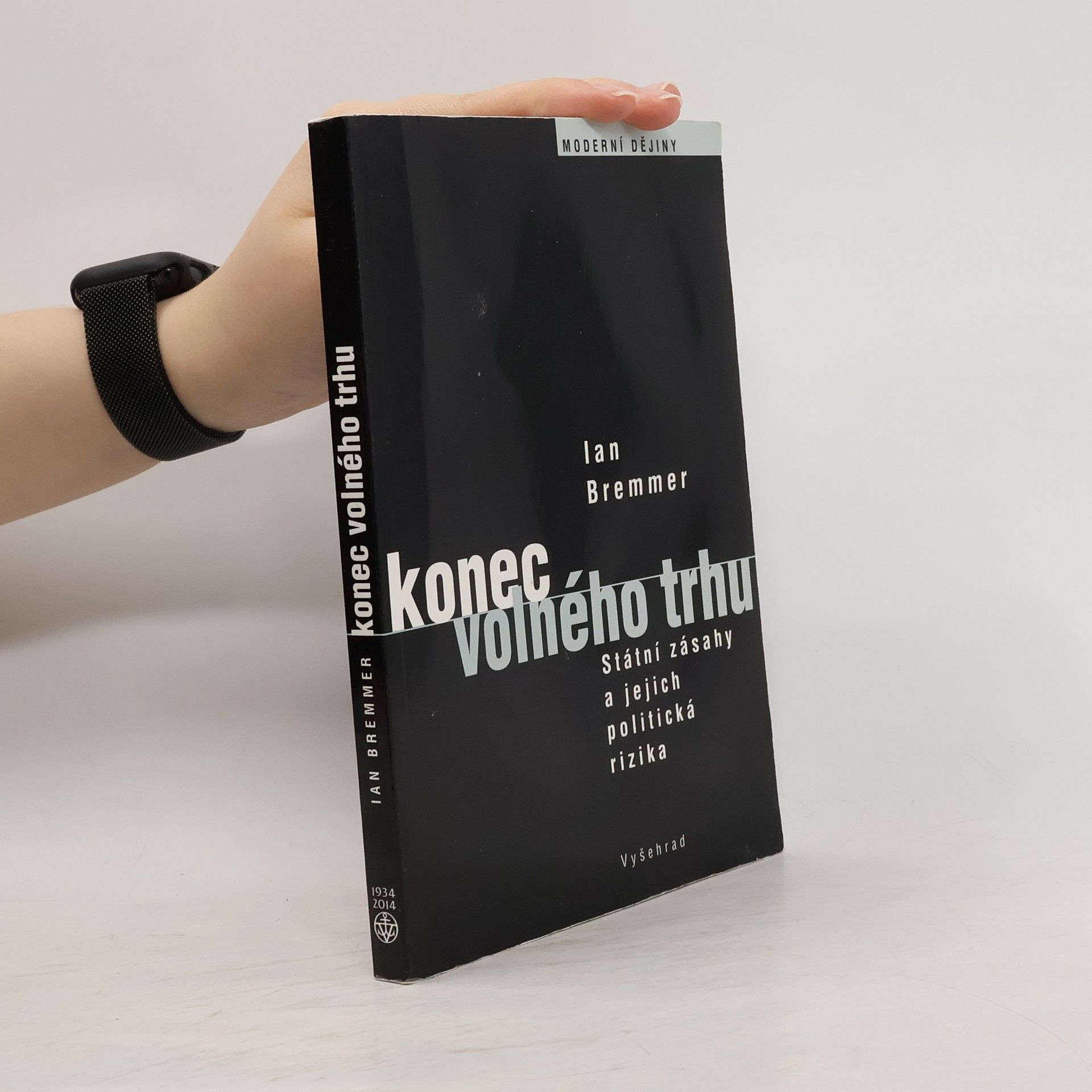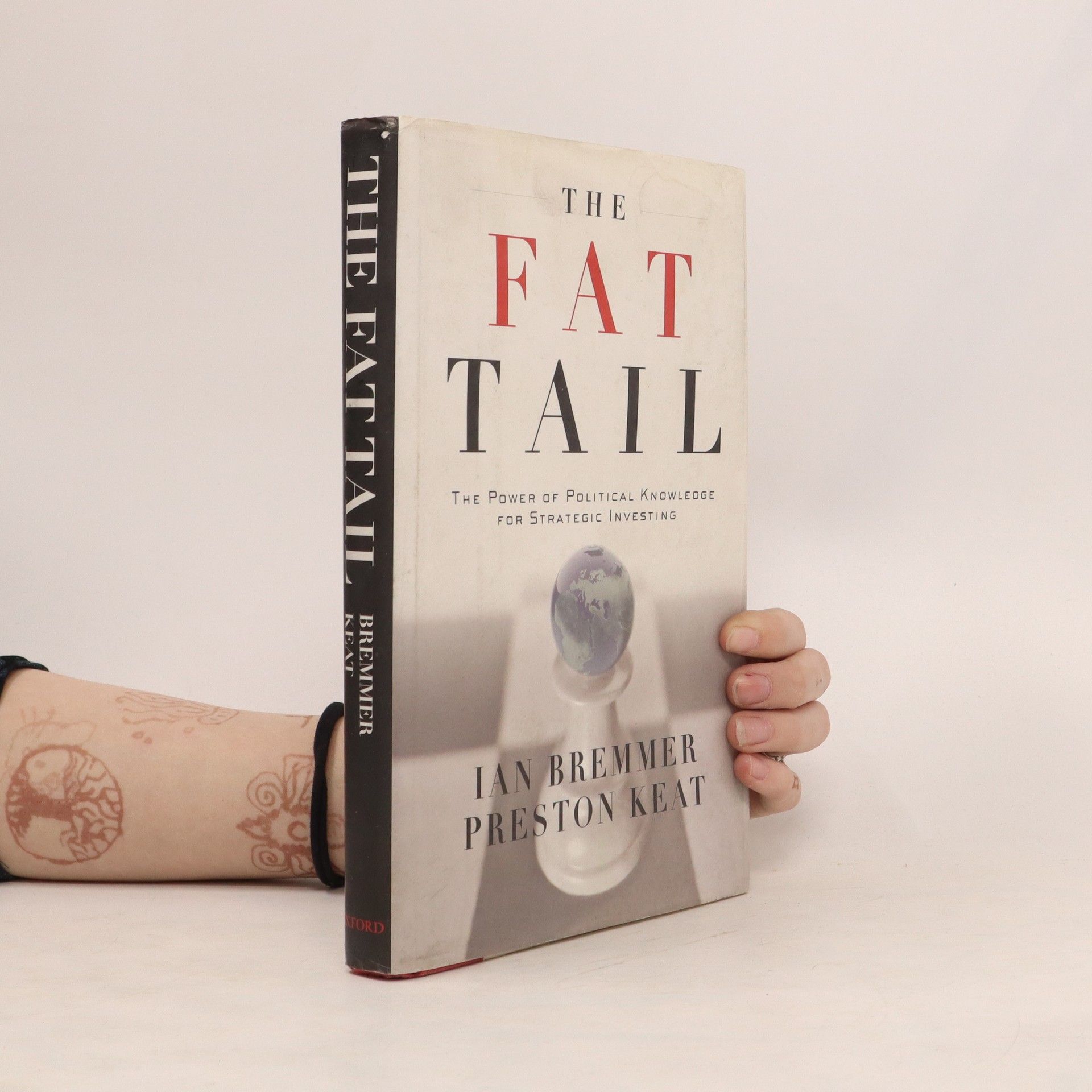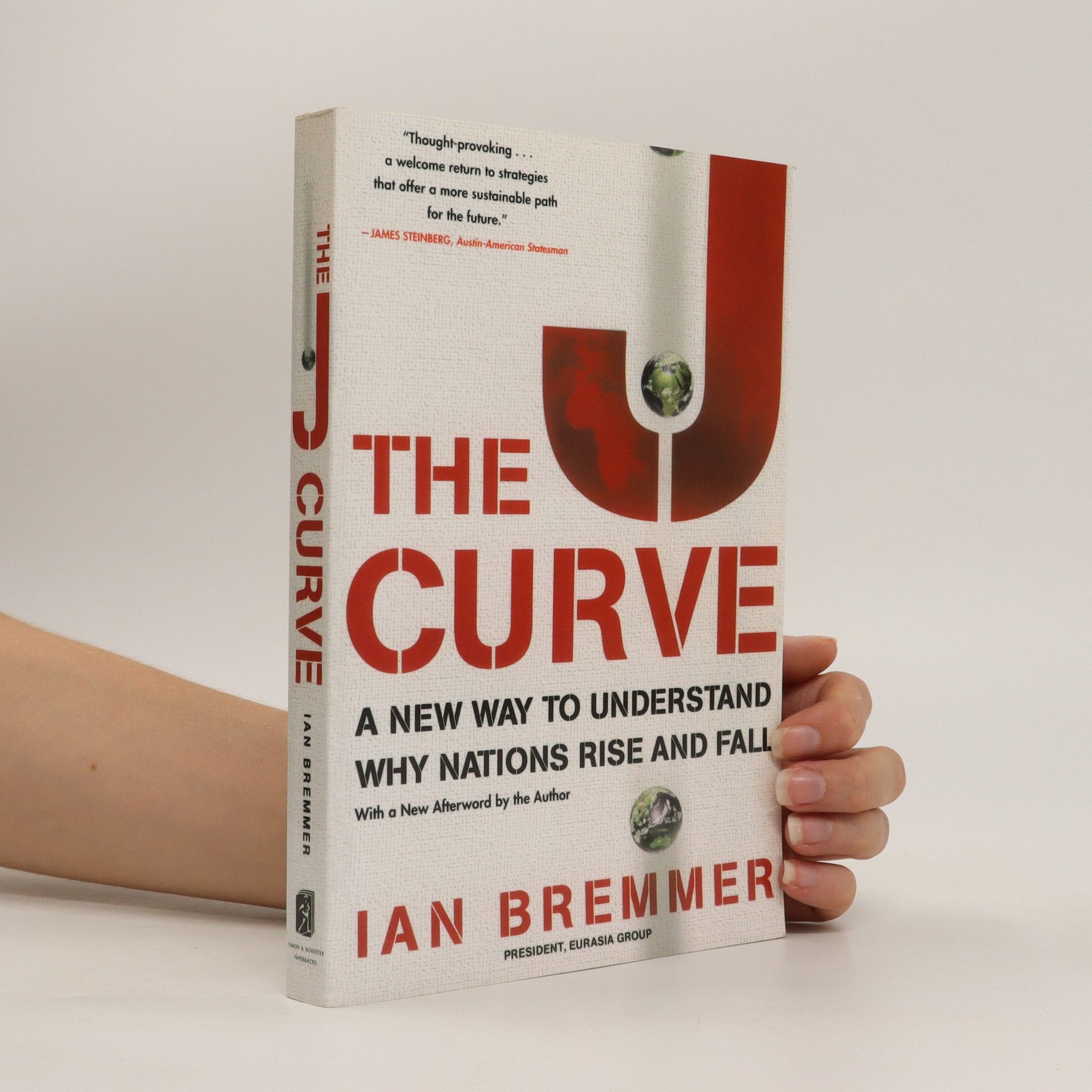The Power of Crisis
- 288 pages
- 11 hours of reading
Renowned political scientist Ian Bremmer draws lessons from global challenges over the past century, including the pandemic, to address three major crises looming in the next decade: global health emergencies, transformative climate change, and the AI revolution. In this insightful and hopeful work, Bremmer illustrates how domestic and international conflicts hinder our preparedness for these crises. Currently, Americans struggle to find consensus on significant political issues, while US and Chinese leaders seem to be in a new Cold War, wasting opportunities to confront upcoming challenges. Humanity is likely to face more deadly viruses, intensified climate change displacing millions, and transformative technologies that could destabilize societies faster than we can adapt. However, there is hope as some visionary leaders and citizens are already collaborating to tackle these issues. The pressing question is whether their efforts will be timely and effective enough to mitigate the fallout and whether we can leverage these crises to innovate toward a better future. By drawing on both traditional and modern strategies, Bremmer offers a roadmap for not just surviving but thriving in the 21st century, showing how governments, corporations, and individuals can harness these challenges to achieve the prosperity and opportunity that past globalism promised but failed to deliver.




